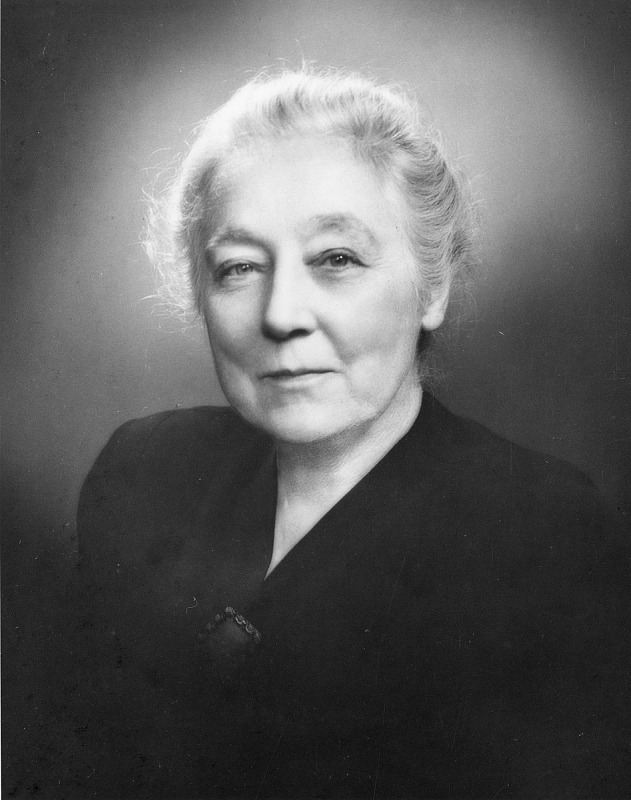
(Catherine Macfarlane (1877-1969), Smithsonian Institution Archives.)
Thesis

(Catherine Macfarlane (1877-1969), Smithsonian Institution Archives.)
In the late nineteenth and early twentieth centuries, an ideological shift in the United States invoked gynecologists to support early detection campaigns for cervical cancer. In 1938, Catharine Macfarlane and other members of the Department of Gynecology of the Woman's Medical College of Pennsylvania (WMCP) expanded the frontier of cancer research and control by establishing the first cervical cancer detection clinic in Philadelphia in an effort to provide periodic pelvic examinations to asymptomatic volunteers. Over the span of ten years, Macfarlane and her associates saved lives by detecting and treating cervical cancer and other unhealthy conditions in the volunteers. Macfarlane changed history by paving the way for similar cancer detection clinics to be established nationwide and influencing modern cancer screening practices.